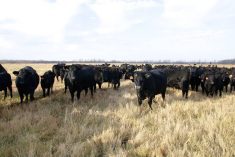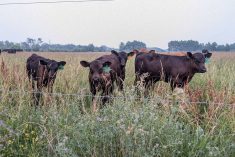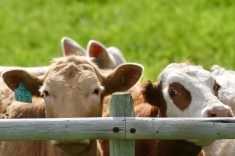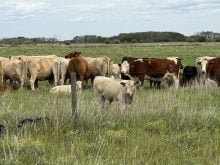The number of age-verified cattle registered with the Canadian Cattle Identification Agency is about half of what it was last year when more than one million birth records were registered.
Submissions have increased in the last few weeks for animals younger than a year but more are needed, says agency manager Julie Stitt, especially once the U.S. border opens to older cattle next month.
The agency met with cattle groups Oct. 18 to discuss export criteria for animals born after 1999. The Canadian Food Inspection Agency is still compiling requirements.
Read Also
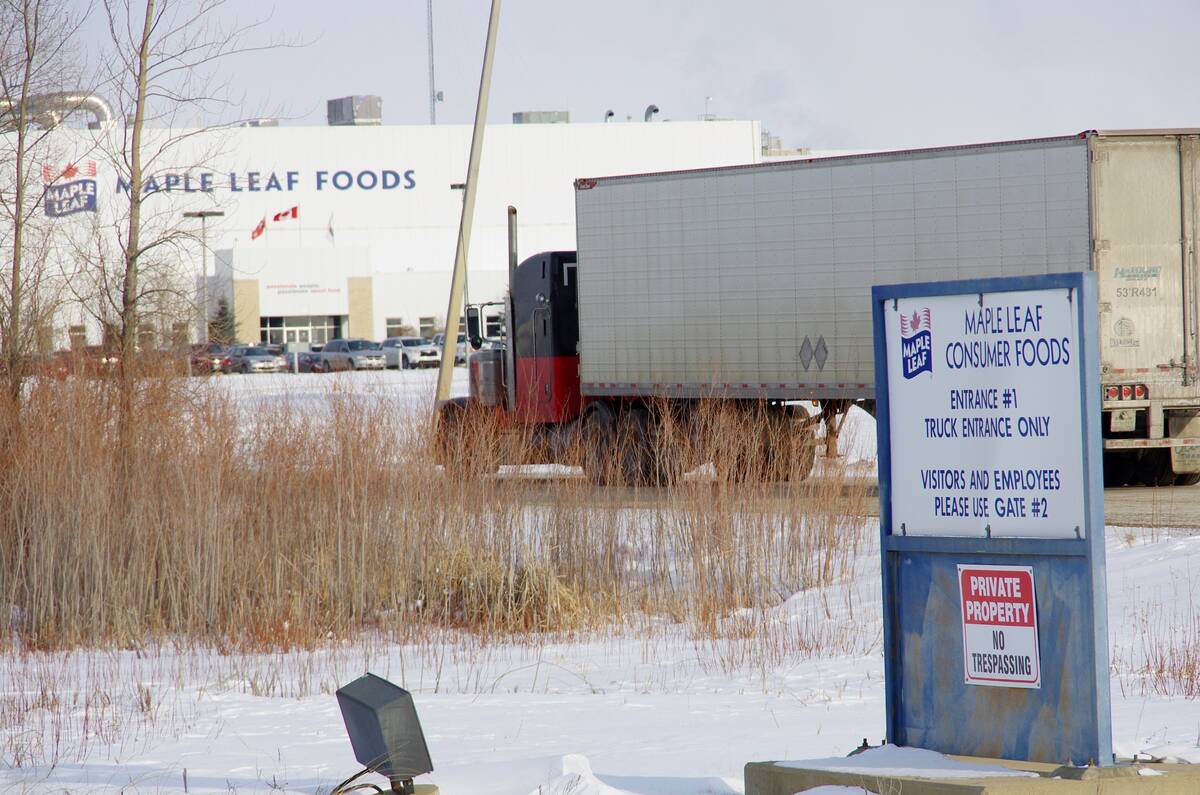
Manitoba pork exports gain new market ground
Manitoba’s pork trade pivoted from China over the last five years, while Japan is remains the largest customer and South Korea and Mexico market footholds have grown
Stitt said fewer submissions may be linked to disappointment that promised premiums for age-verified calves did not materialize.
“Producers all did it in good faith the first year assuming they would see some benefit for it and all of them haven’t seen a benefit.”
She suspects they won’t bother until they receive extra money.
“There are premiums being paid but they are minimal.”
However, birth dates are needed to meet export requirements to prove animals are younger than 21 months for Japan and younger than 30 months for other markets.
Packers need to know if an animal is older because specified risk materials must be removed from mature cattle. Inspectors can check the number of permanent teeth but that method isn’t perfect.
“We should be trying to get rid of dentition in the whole industry,” Stitt said.
“That’s a huge cost and just use age in the database because it trumps dentition.”
As a feedlot owner and exporter, Rick Paskal of Picture Butte, Alta., wants age-verified calves.
“It’s one of the most important things we could do to add value to our products right now,” he said.
“The only cattle I can send across the line right now are age-verified cattle.”
As president of the National Cattle Feeders Association, he said members would prefer age verification to be mandatory.
“Age verification is extremely important to us in the feedlot industry and it should be extremely important to the cow-calf industry to get more value out of their cattle.”
The shock of closed borders because of BSE should have taught Canadians they need more markets outside the United States, Paskal said, and that can’t be achieved without proof of age.
“We have an extremely large basis with the American packers right now, we have no profitability in our industry, we have calf prices that are plummeting and anybody who says status quo is proper, I think it is an absurd comment,” he said.
“We have to move to another level of marketing of cattle in Canada or all we are going to turn up here is a big backgrounding industry for the United States.”
XL Foods co-owner Brian Nilsson is more skeptical of the value of age verification and its promise of added markets.
“Age verification was going to save us all in Canada,” he said at a recent livestock meeting.
“The truth was at 21 months there are so few cattle, it is a seasonal time of the year when we send a bunch of cattle and lots of other times we have cattle older than 21 months,” he said.
“We need to focus on the one that we have right now and that is cattle identification. Even if we could work that one and start mining that for information I believe it would be a plus for both the packer and the producer.”





